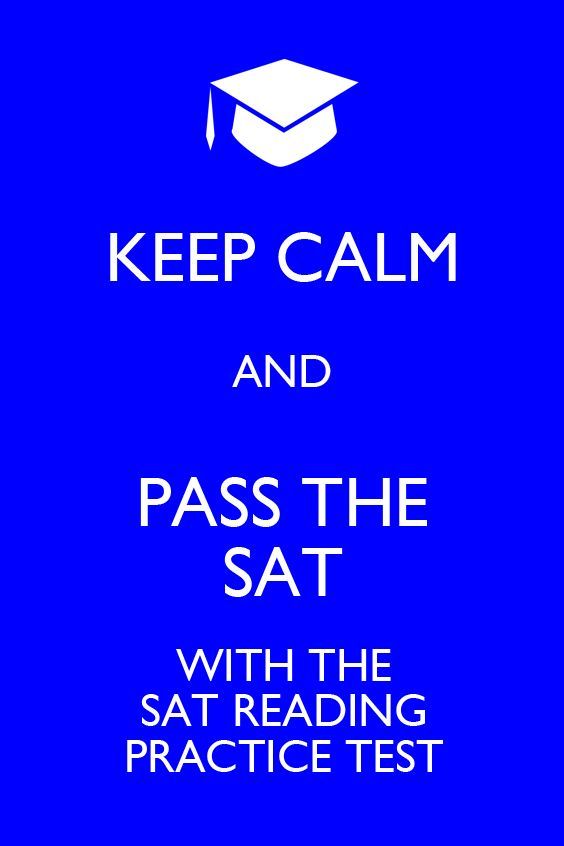What’s our best tip for mastering this standardized test season? Start early. In fact, we recommend starting your test prep the summer between sophomore and junior year. Most students will then go on to take the SAT or ACT (or both!) once during their junior year and once during the fall of their senior year.

1. Brush up on all your math notes
The math section may only cover algebra and geometry, but having a basic knowledge of Algebra II or even pre-calculus is definitely helpful. In other words, yes, you do have to pay attention in class. Every bit of practice you get and every skill you learn in class will give you the tools to improve your SAT scores.
2. There are a lot of trick questions
Rereading questions is key to understanding any tricky problem. But, don’t forget you’re on the clock, so if you find yourself stuck after reading the question more than four times, move on.There will be plenty of other questions on the test you will know how to solve, so make sure you have time for those. If you have time before the section is over, go back and see if you can solve the ones you skipped.
3. You don’t need your calculator
In fact, using a calculator can seriously slow you down during the math section. Learn to rely on yourself, not technology, for the simple stuff. Most of the math on the test is basic mental-math work, so don’t make it more complicated for yourself.
4. You can superscore your SAT scores

Some colleges will take the best score you received from the critical reading, math, and writing sections and add them all up to create your best possible SAT score, which is why taking the SAT more than once can only benefit you. In other words, you can go from having an average score to an above average score, making you look even more desirable to colleges.
5. The SAT structure can be mastered
… or at least be made easier — if you choose to study. Take advantage of online SAT test prep, practice books, and prep classes to help you learn the nature of the test before exam day comes around. If you want to improve SAT scores, familiarity is key.
6. Five minute breaks will never feel so long
They’re going to give you breaks that feel like they last forever. So, bring some kind of snack and drink to make it more bearable — and to ensure you don’t starve during the four-hour test period. Use each five-minute break (you get three of these) to breathe, recharge, and de-stress for a bit. That way, when time is up, you’re ready to go again.
7. It’s OK if you don’t finish a section
You might feel like it’s the end of the world, but chances are it’s not going to bring your score down by too much. Remember, unanswered questions don’t count against your SAT score.
8. Rely on context clues, not flash cards
Instead of trying to memorize every single vocabulary word in the English dictionary, it’s better to look for clues as to what a word means within the presented text. Read each story carefully the first time around and take notes. Mark up and underline pieces of the story as much as you can — this will help to jog your memory when answering a question.
9. The SAT doesn’t penalize for wrong answers
Just like the ACT, the SATthat was introduced in 2016, will no longer take away half a point for wrong answers. You just won’t gain any points from answering incorrectly. So guess away!
10. Take the SAT more than once
As I mentioned before, familiarity is enough to improve your SAT scores — and don’t forget about superscoring! But if you’re not so thrilled with the idea of sitting in that test room more than once, use practice tests!
11. Take a Practice Test
What would be your score if you showed up for the test today? To figure out how you’d measure up, take an SAT or ACT practice test under conditions that mimic the real testing environment. (For example: shut off your phone and use a timer.
Your practice test score is your baseline. You can use your baseline score to help you make a study plan based on what you need to work on. Do you need to build up your vocabulary? Focus on math drills? Tame test day jitters? Practice tests also familiarize you with the different sections and directions of the test you plan to take so that there are no surprises.
When you take a free practice test with The Princeton Review, you’ll get a detailed score report that analyzes your strengths and weaknesses and gives you an action plan for increasing your score. Follow it up with one of our test prep books to keep practicing right up to test day.
